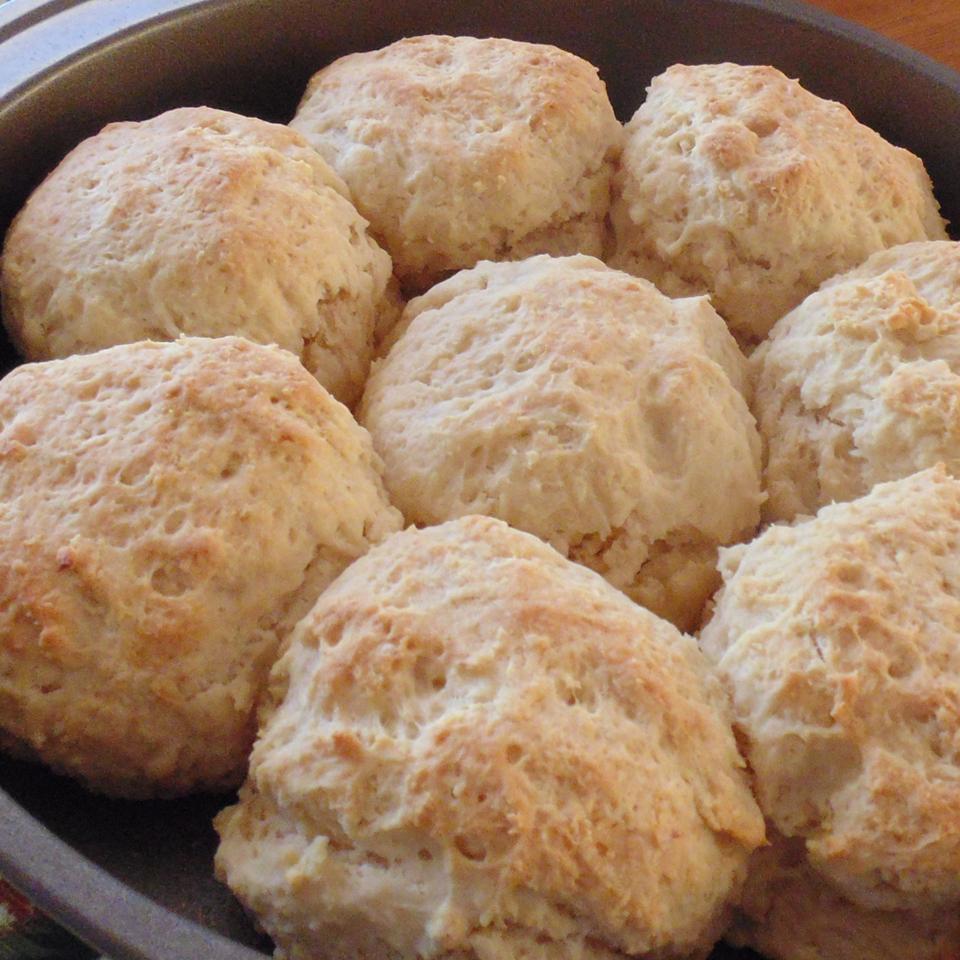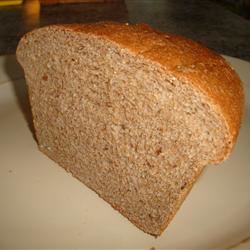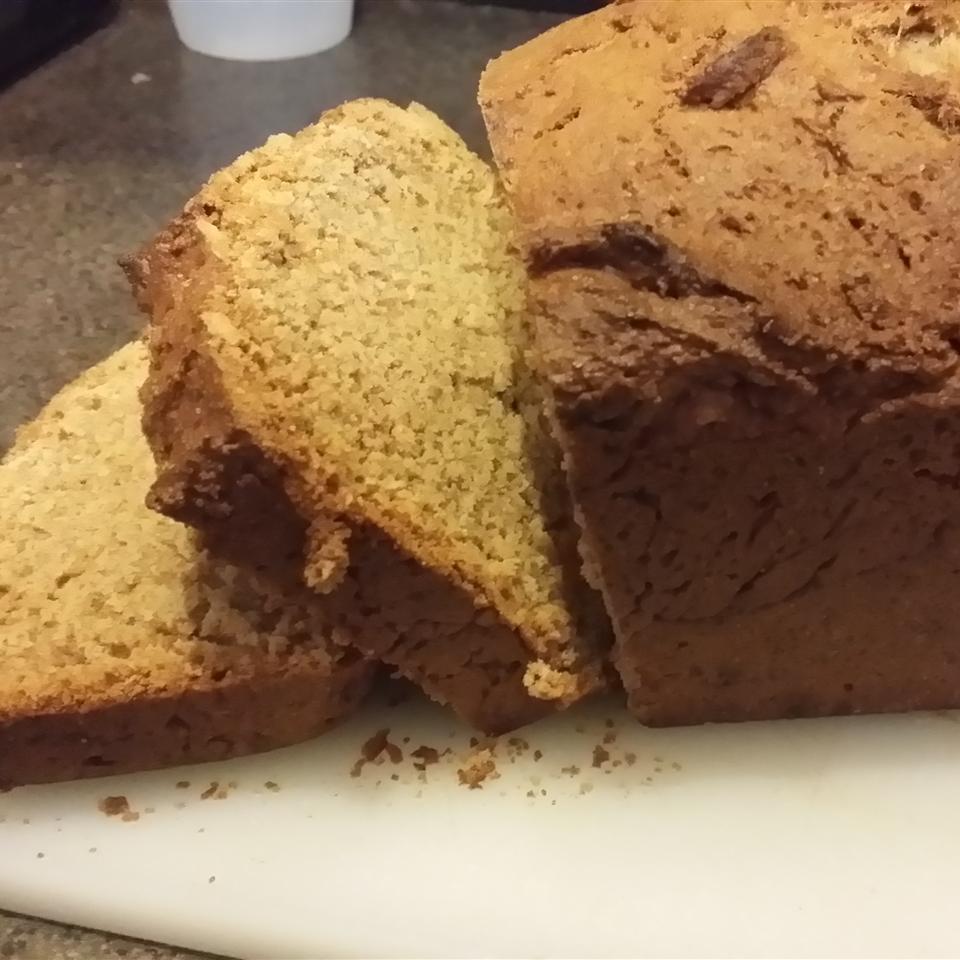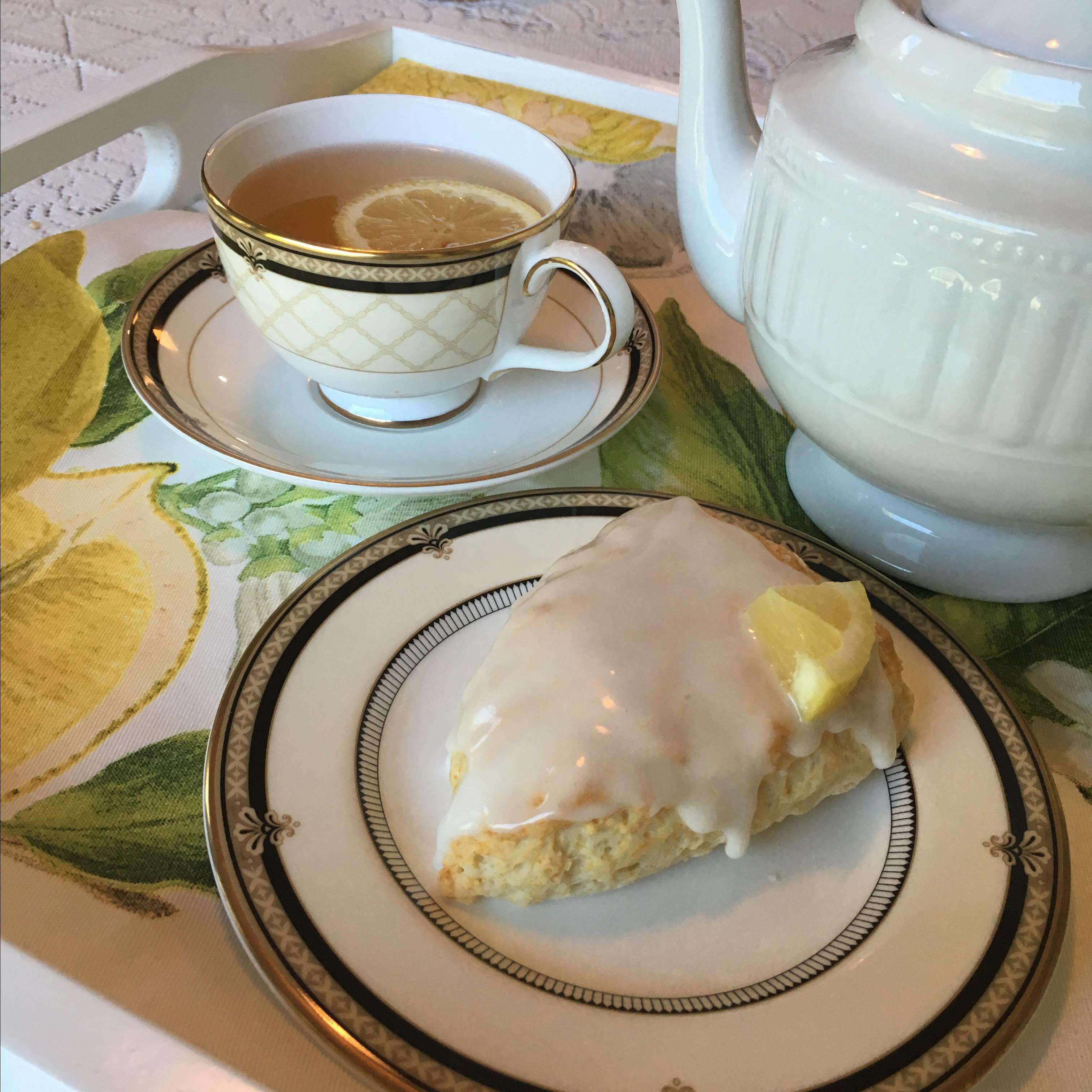Buttermilk Bread II
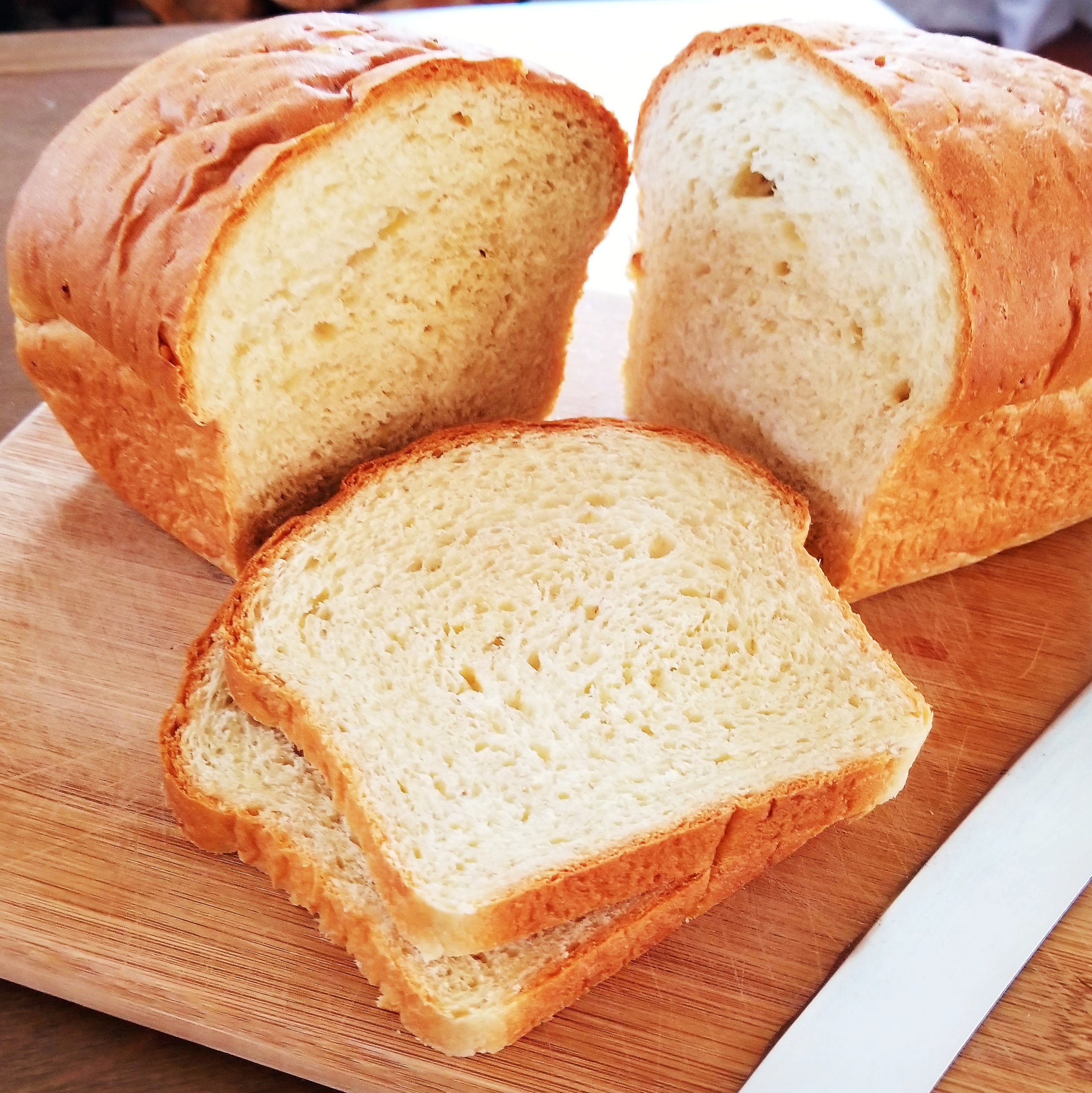
This bread is delicious plain or toasted. I make it at least once a week.
INGRIDIENT
DIRECTION
Step: 1
Proof yeast in warm water.
Step: 2
Place the butter or margarine and buttermilk in a small saucepan. Heat slowly until butter or margarine has melted. Cool to lukewarm.
Step: 3
Place sugar, salt, baking soda, buttermilk mixture, and yeast in large mixing bowl. Add 3 cups flour one cup at a time, and mix with the dough hook attachment of an electric mixer. Gradually add the remaining flour while continuing to mix. When dough is not sticky, turn out on a lightly floured surface. Knead for several minutes, until the dough is soft and smooth. Place in a greased bowl, and turn once. Allow to rise until doubled in size.
Step: 4
Punch down the dough. Divide, and shape into 2 loaves. Place in two well greased 8 x 4 inch bread pans. Allow to rise until dough has risen one inch above pans.
Step: 5
Bake in a preheated 375 degrees F (190 degrees C) oven for 30 to 35 minutes. Loaves are done when nicely brown and hollow sounding when thumped.
NUTRITION FACT
Per Serving: 49 calories; protein 0.8g; carbohydrates 3.1g; fat 3.9g; cholesterol 0.6mg; sodium 280.3mg.
The quality of the flour could make a real deal to your bread. Different brands do vary. Extra-strong or Canadian flours, which are naturally higher in gluten, may give you a better rise than standard dough flours – especially if you’re making wholemeal dough , which doesn’t always getting bigger as well as clear bread.
To make this in a breadmaker , add all the menus to your breadmaker and follow the manufacturer’s instructions.
A dough’s first rising can be make in the fridge 24 hours . This slows down the time it takes to rise to double its size, giving it a deeper flavour. It’s also a great timesaver , as you can start it yesterday , then clear it off the next day.
